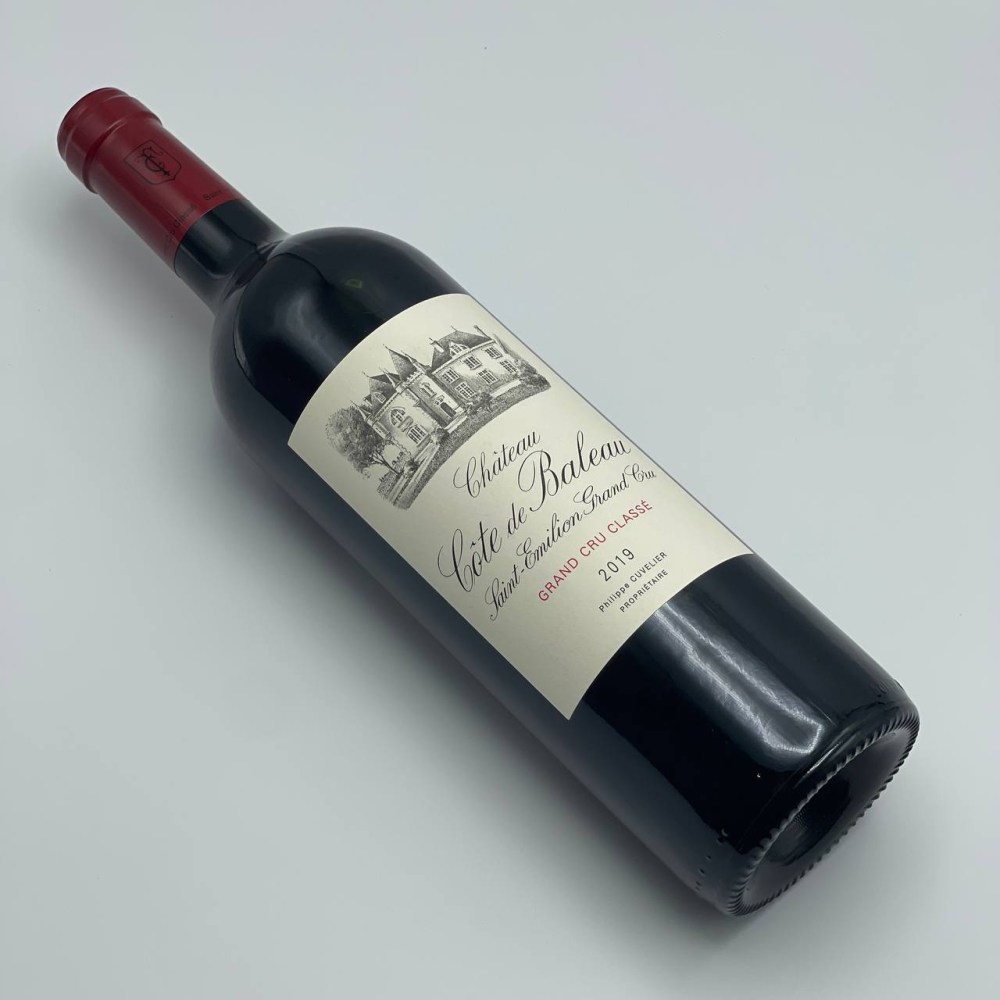n the world of wine, Merlot holds a special place. Its velvety texture and rich flavors make it a favorite among wine enthusiasts. But when it comes to serving Merlot, the question often arises: should it be decanted?
Decanting, the process of pouring wine into a separate container before serving, is traditionally associated with older, fuller-bodied wines like Cabernet Sauvignon. However, Merlot can also benefit from this practice.

Aeration:
Decanting allows Merlot to breathe, enhancing its aromas and flavors. This is particularly beneficial for young Merlots, as it helps to soften any harsh tannins and mellow out the wine.
Sediment Removal:
Older Merlots may develop sediment over time. Decanting not only aerates the wine but also separates it from any sediment, ensuring a smoother, more enjoyable drinking experience.
Enhanced Experience:
By decanting Merlot, you’re giving it the opportunity to fully express its character. The wine opens up, revealing layers of complexity and nuance that may otherwise remain hidden.
So, should Merlot be decanted? The answer ultimately depends on the specific bottle and your personal preferences. As a general rule of thumb, younger Merlots and those with noticeable sediment can benefit greatly from decanting. However, if you prefer a fresher, more vibrant taste, you may opt to skip this step.
Saghi Merlot Wines
- £27.95






































